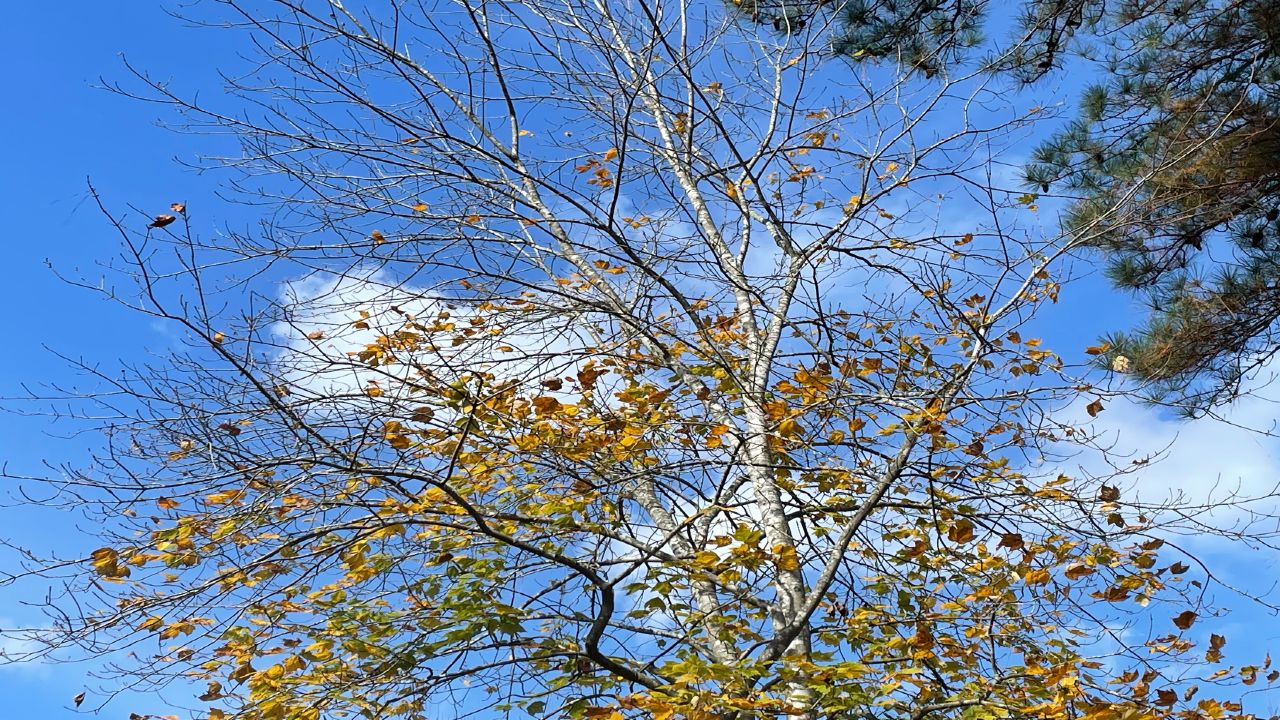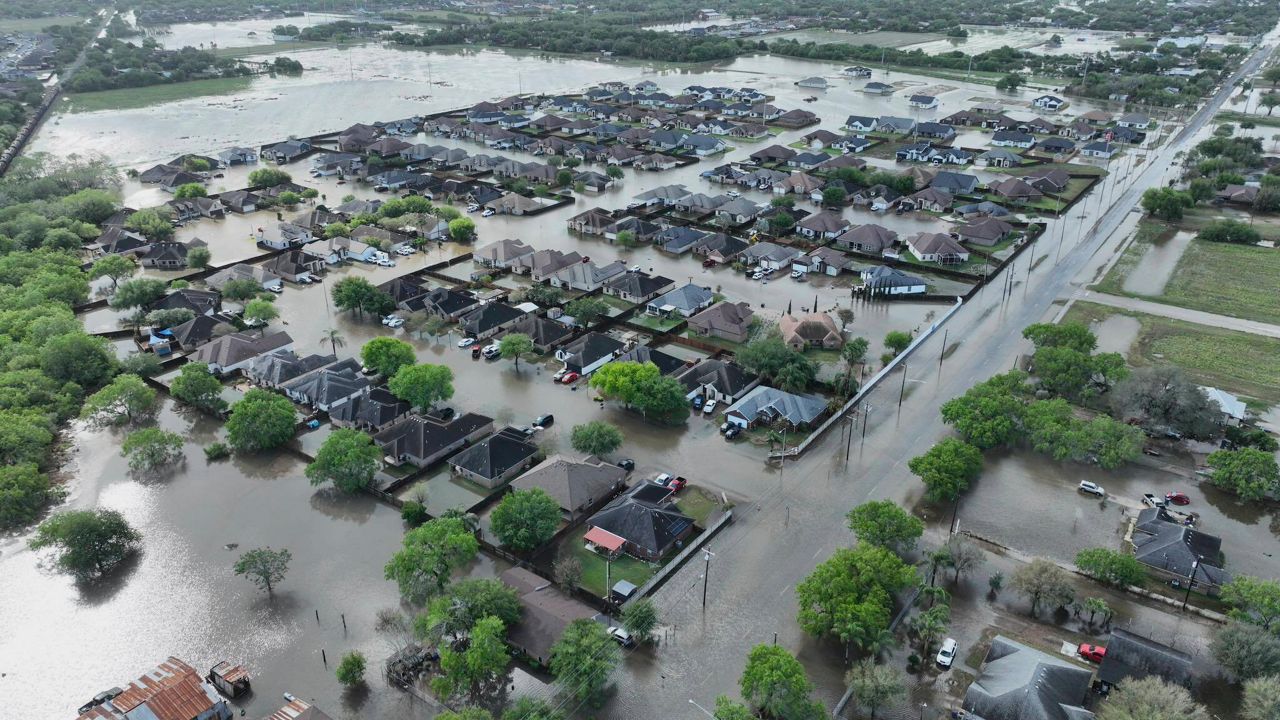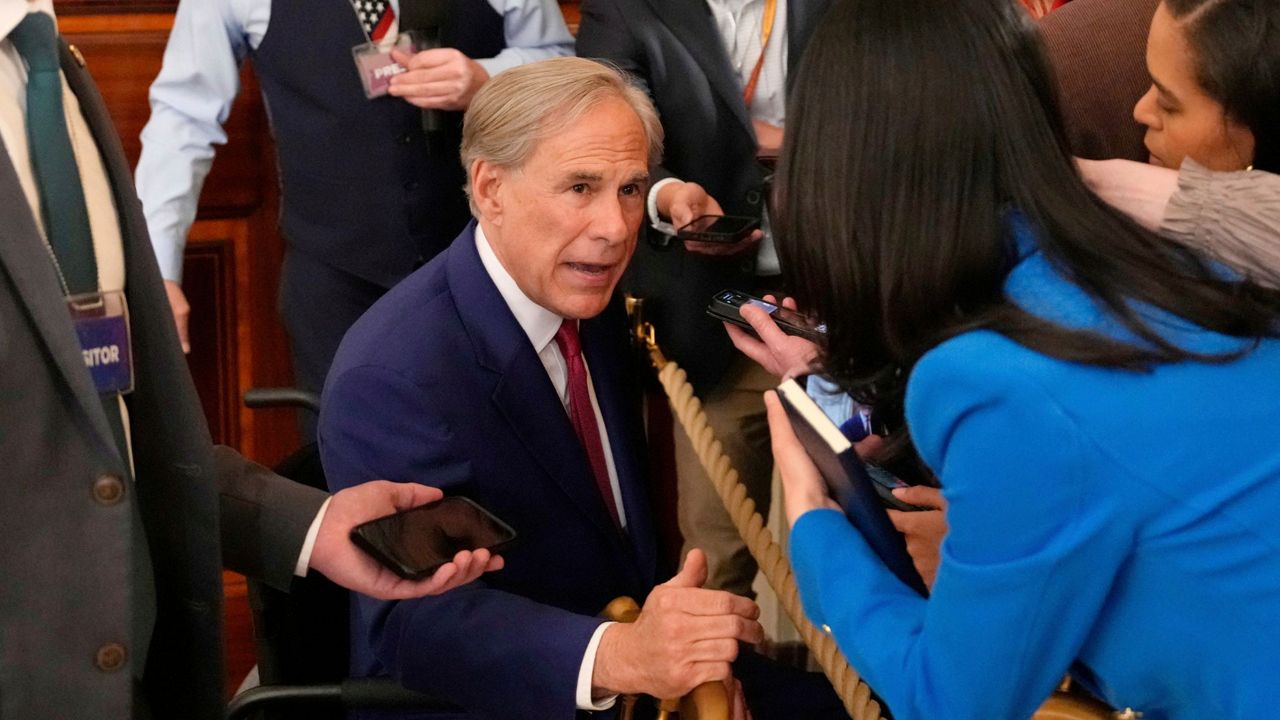SAN ANTONIO — Ray Rodriguez opened his restaurant, Cuba 1918, as an ode to his Cuban madrina, his godmother, who showed him her culture.
“We spent a lot of time cooking. That’s where actually all of our recipes and everything you see around us is from — the stories, the pictures that she showed me, everything I was exposed to as a child,” Rodriguez said.
Rodriguez and his wife and co-owner Erica Rodriguez added another level of authenticity with their Havana nights.
“A good majority of our musician team is Cuban,” Ray Rodriguez said. “So when I saw the walls, the original walls that this building has, it feels like I’m stepping back in time. All of the history of what happened in this building is on these walls.”
Cuba 1918 sits in a Southwest San Antonio neighborhood that used to be the lifeline to Kelly Air Force Base. The base, which employed 25,000 people, most of whom were Mexican American, closed in 2001.
These days Rodriguez says about eight buildings are unoccupied on his street.
JR Treviño, the interim president of the Hispanic Chamber of Commerce, says the base closure hindered this Southwest San Antonio community.
“So when they no longer have a job, they are probably going to move somewhere where they can live by their work, so we absolutely lost people,” Treviño said.
The Hispanic Chamber of Commerce is housed at Port San Antonio, a place that has created 18,000 jobs in the same spot that was once Kelly Air Force Base.
“People that work here who typically have two to three meals around this area per day, so that’s an opportunity that I think is a little bit missed around this campus,” Treviño said.
That’s why Rodriguez teamed up with neighboring businesses owners to nourish their community with free plates of food as a way to bring city officials to this historic neighborhood and show them its potential.
“We can have a barbershop open up, a couple of food spots open up. That would help greatly,” Ray Rodriguez said. “Bring the goods and services so that way people won’t have to take a bus or car ride up.”
Ray Rodriguez says the neighborhood’s collaborative effort to bring economic development isn’t slowing down anytime soon.
“Not doing anything about it is just as a bad as consenting to it,” Rodriguez said.











